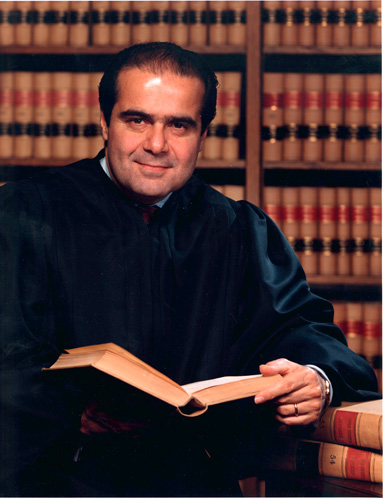Who would have guessed that
Julia Louis-Dreyfuss's all-American, sitcom-style approach to comedy acting - excellent and compelling though her talents certainly are - would mesh so well with the revolutionary approach to televised comedy developed by legendary BritCom writer/producer
Armando Iannucci over the last couple decades? Compare and contrast, for instance, any random season of
Seinfeld with, let's say, such deeply experimental shows as
The Day Today,
Knowing Me, Knowing You and
Time Trumpet, and you'd be hard-pressed to think of any way for these two extremely different approaches towards comedy to gel.
But then there's
I'm Alan Partridge, featuring perhaps Iannucci's most successful character (co-created with fellow BritCom titan
Steve Coogan). It's arguable that Partridge's brand of cringe comedy owes something to Seinfeld (by way of
The Office), even if it takes things a great deal further. British censors are, after all, far less reactionary than their American counterparts. So yes, fans of Partridge might have had an inkling that a "comedy bridge" of sorts could one day be constructed in order to reach across the pond.
An Americanized take on Iannucci's BBC series
The Thick of It and its 2009 spin-off film
In The Loop,
Veep is just such a bridge. And it is an unmitigated success. All three eight-episode seasons are excellent, equal parts funny, smart and - yes - even sexy. As American Vice President
Selena Meyer, Louis-Dreyfuss is, if anything, better than she was in
Seinfeld. And I
really loved her in
Seinfeld.
The supporting cast are also uniformly superb, with special kudos going to
Tim Simons as the detestable White House flunky Jonah and
Tony Hale as bag-toting Vice Presidential gopher Gary Walsh. Also, it's kind of awesome to see
My Girl's
Anna Chlumsky avoiding the child star curse and bouncing back with, arguably, the best role of her life so far.
If you're a fan of
Seinfeld, you need to check out
Veep ASAP. If you're a fan of the BritCom explosion that has led to some of the finest satire since the days of
Johnathan Swift... ditto. Oh, and on a side note, if you're one of the many people who've been wondering and worrying about where the Hell
Chris Morris went after directing 2010's incredible Islamic terrorism satire
Four Lions, please note the fact that he's directed four episodes of
Veep for his old pal Iannucci.




